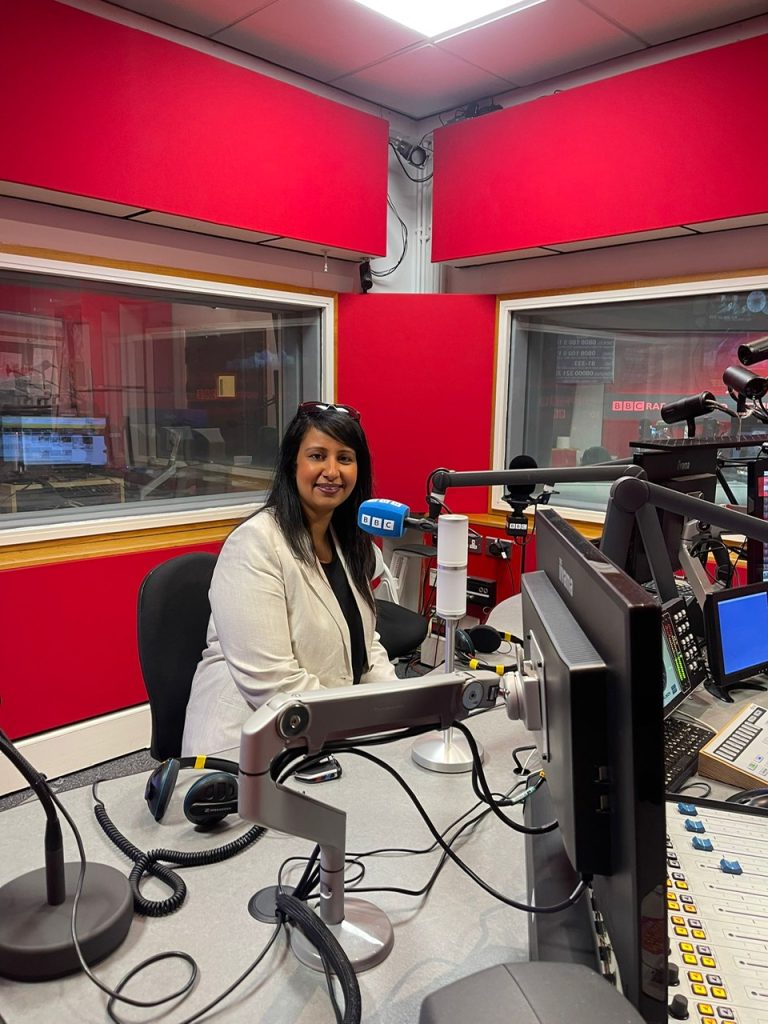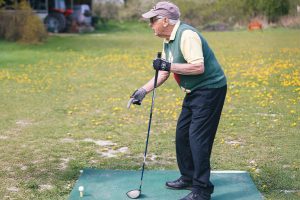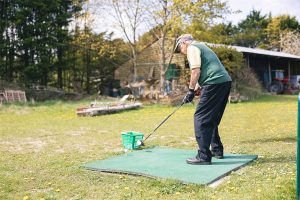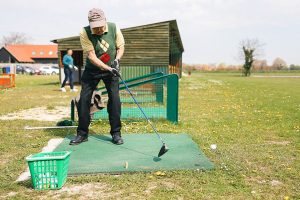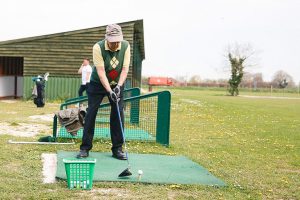Read the inspiring conversation between BBC Radio’s Sophie Law and Walfinch Oxford Manager, Kam Gill, as they discuss ‘Caring Through COVID’.
Sophie Law:
This morning, as the government continues its inquiry into the lessons learned from the COVID-19 pandemic, a new phase begins — focusing on adult social care, both publicly and privately funded. So we’re asking: how did the pandemic affect your ability to care for your loved ones? Or, if you receive care, how was that care impacted?
Joining me in the studio is Kam Gill, Manager of the home care company Walfinch Oxford. Morning, Kam.
Kam Gill:
Good morning.
Sophie Law:
We were just saying off-air — it’s actually quite emotional and stressful to take yourself back to that time, isn’t it?
Kam Gill:
Definitely. It was something we never imagined would happen, and suddenly we had to deal with it. Every day brought a new challenge.
Sophie Law:
We’ve seen dramas now showing what life was like during COVID, especially for those caring for others professionally. What are your memories of that time?
Kam Gill:
For me, the most important thing was keeping our carers and clients safe. Each client had individual needs, and so did our carers. Some couldn’t work due to vulnerabilities — either their own or those of people they lived with. So we had to support them, even if they were the main carer for a client. That meant quickly finding someone else, adapting care plans — it was constant multitasking with very little time to plan.
Sophie Law:
And then there were the PPE shortages and all the different procedures. Some places even had buzzers that went off if you got too close to someone!
Kam Gill:
Yes, it’s hard to believe now. At first, we spent a lot of money buying PPE in bulk. Later, we were able to get free supplies from the council and government, but staying on top of stock was critical. Carers had to carry extras in their cars. You couldn’t just pop in to collect more — you had to be fully prepared before every visit.
Sophie Law:
And staffing? People came into care from other industries, didn’t they?
Kam Gill:
They did — and that was actually a silver lining. We had some amazing people come in who hadn’t worked in care before but were out of work due to the pandemic. They brought so much value to our team.
Sophie Law:
What about when staff had symptoms or needed to isolate?
Kam Gill:
That was tough. If someone had symptoms, they had to isolate for 10 days. They’d do a test, post it, then we’d be refreshing the app constantly to see if the result had come in. If it was positive, we’d have to reorganise their whole schedule and reassign their visits. It was incredibly difficult.
Sophie Law:
And for the people you were caring for — the isolation and loneliness were huge issues, especially for those living alone.
Kam Gill:
Yes, many clients who had companionship visits chose to cancel them, thinking they weren’t essential. But that led to deeper isolation. For those with mental health conditions or dementia, continuity was so important. Suddenly they were seeing unfamiliar faces, people in masks, gloves, aprons — it was frightening. They didn’t always recognise the person caring for them.
We started asking carers to knock, then briefly remove their mask from a distance to show their face before entering — just to help clients recognise them and reduce confusion and anxiety.
Sophie Law:
That’s a small detail, but it makes a big difference. Have you taken any long-term steps since?
Kam Gill:
Yes, a couple of years ago we set up Thrive Clubs in the community to help combat isolation and rebuild social connections. They’ve been a great success — we now have seven clubs running regularly, helping clients meet others and stay active.
Sophie Law:
And what about the carers themselves? They were under so much pressure.
Kam Gill:
Absolutely. Carers were overworked, and unlike NHS staff, they weren’t publicly celebrated. There were no Thursday-night claps for home carers. And home care is isolating by nature — they work alone, visiting people’s homes, not in teams. So it was even lonelier. We made a point to check in with every member of staff daily — just to see how they were coping.
Sophie Law:
And now that the inquiry is focusing on adult social care — how do you feel about that?
Kam Gill:
I think it’s really important. I’m looking forward to seeing what they uncover. If, God forbid, something like this ever happens again, we need better systems in place. Hopefully, this inquiry helps shape a more resilient and prepared care system.
Sophie Law:
Thank you so much, Kam. Lovely to have you here and to hear your story. Kam Gill, Manager at Walfinch Oxford — thank you.
For further information about Walfinch home care Oxfordshire, please see: https://walfinch.com/branches/oxfordshire/
Original conversation can be heard here.

